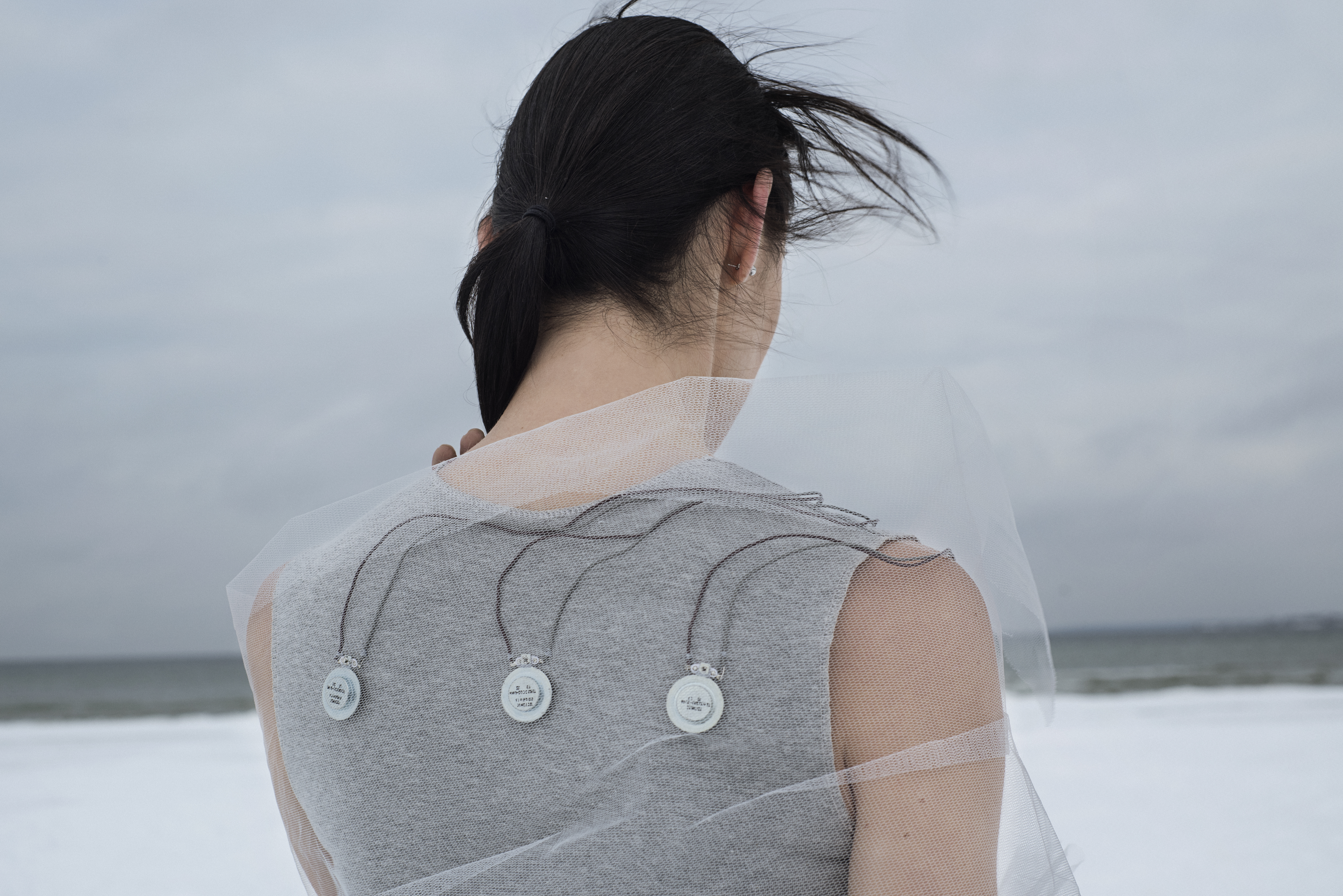BIP courses
“Designing Wearable Technology Through Soma Design Perspective”
Physical learning week in Tallinn University: 25 – 29 August, 2025
Workload: 5 ECTS.
Target group: students (Master’s, PhD) in the field of interaction design and engineering, fashion/leather/textile/material studies. Preferably students should have experience with Arduino.
Maximum number of students: 22.
Total duration: 18 – 29 August, 2025, with virtual meetings on 18 and 19 August.
Course description
This course aims to provide students with a comprehensive understanding of the design and development of wearable haptic technologies through a combination of design thinking, Soma design, and engineering principles.
By integrating hands-on workshops, ideation sessions, and psychophysical insights, students will explore the intersection of bodily experience, aesthetics, materiality, and haptic feedback in wearable technology.
Online sessions
Dates: 18 and 19 August 2025
The goal of the virtual part is to provide theoretical knowledge on soma design, interaction design, and psychophysics of touch so that students can actively engage in hands-on work during the physical part of the course.
Group work and hands-on work are core studying methods, accompanied by theoretical knowledge in a lecture format, low-fi/hi-fi prototyping, and embodied presentation of the prototypes.
In-person sessions in Tallinn University, Estonia
Dates: 25 – 29 August 2025
During the physical learning week, students will engage in soma design workshops, and hands-on sessions where they will be introduced to digital and analog materials through aesthetic thinking. In addition, they will participate in ideation sessions to develop their project ideas and be involved in group work to realize their projects.
In doing so, they will learn how to apply soma design approach, learn about actuation techniques, map engineering parameters to human perception, and prototype body-centric aesthetic interactions to create meaningful and embodied experiences.
The course culminates in the development and testing of lo-fi wearable haptic prototypes, and group presentations of final projects.
Learning outcomes
- Ability to integrate soma design principles into the design process of haptic wearables ;
- Understanding of key principles required to design a wearable system with haptic feedback;
- Basic knowledge of creating meaningful information through vibrotactile feedback;
- Learning the concept of aesthetics and its influence on the design outcomes when working with digital (e.g., haptic actuators) and analog (e.g., textiles) materials.
Funding for students
Students can apply for the Erasmus grant offered by their home university. During the physical learning week the organizers will cover coffee breaks, snacks and some of the food expenses, as well as a diverse cultural programme. Accommodation and some of the food costs the students must cover themselves. No additional payments will be asked from the university's side.
Contacts
The course will be conducted by Yulia Valerievna Sion from Tallinn University, Arife Dila Demir from Estonian Academy of Arts and Tanel Toova from Tallinn University.
With questions regarding the administrative side of the course, please contact the Departmental Erasmus Coordinator Kristel Viileberg (kristel.viileberg@tlu.ee).

